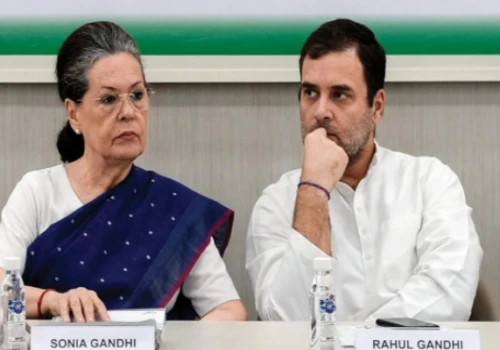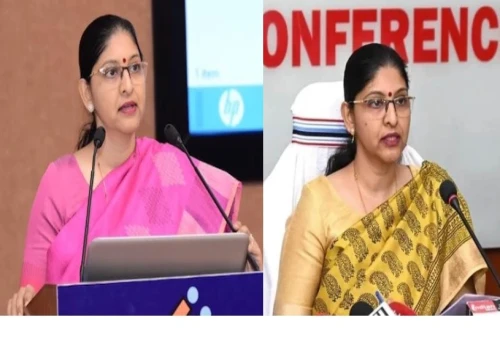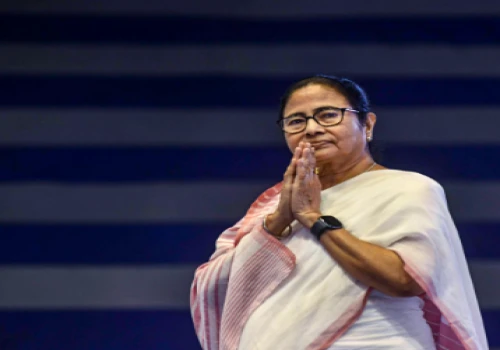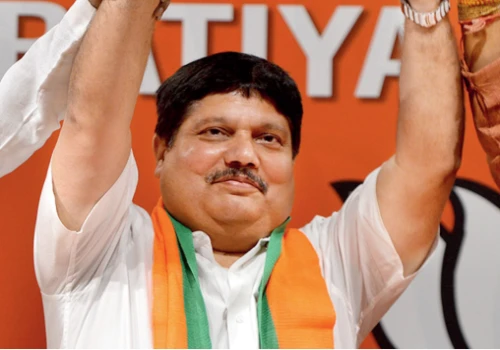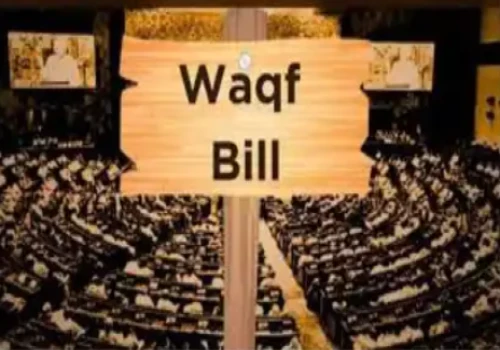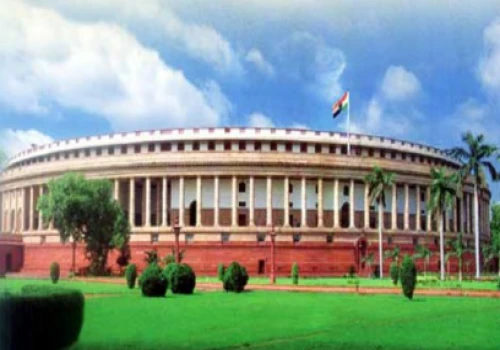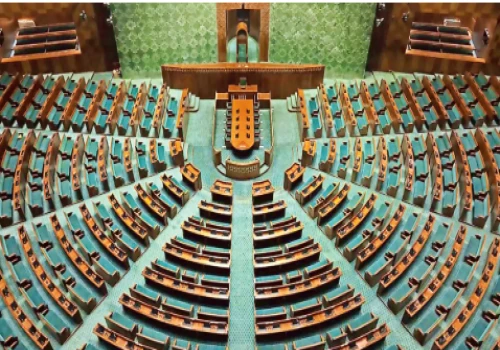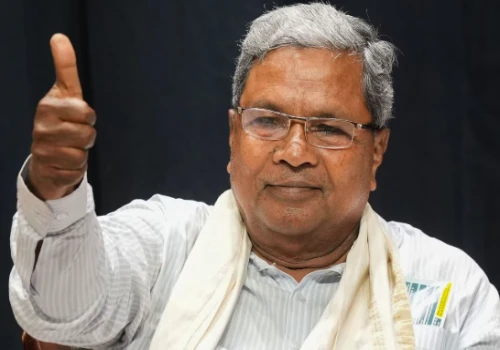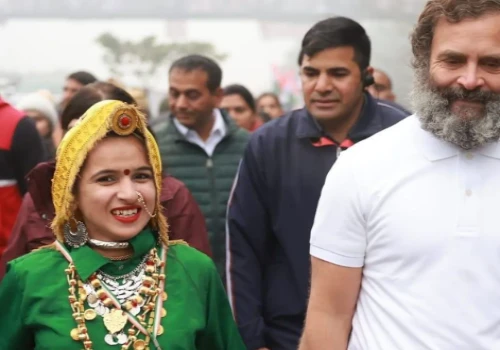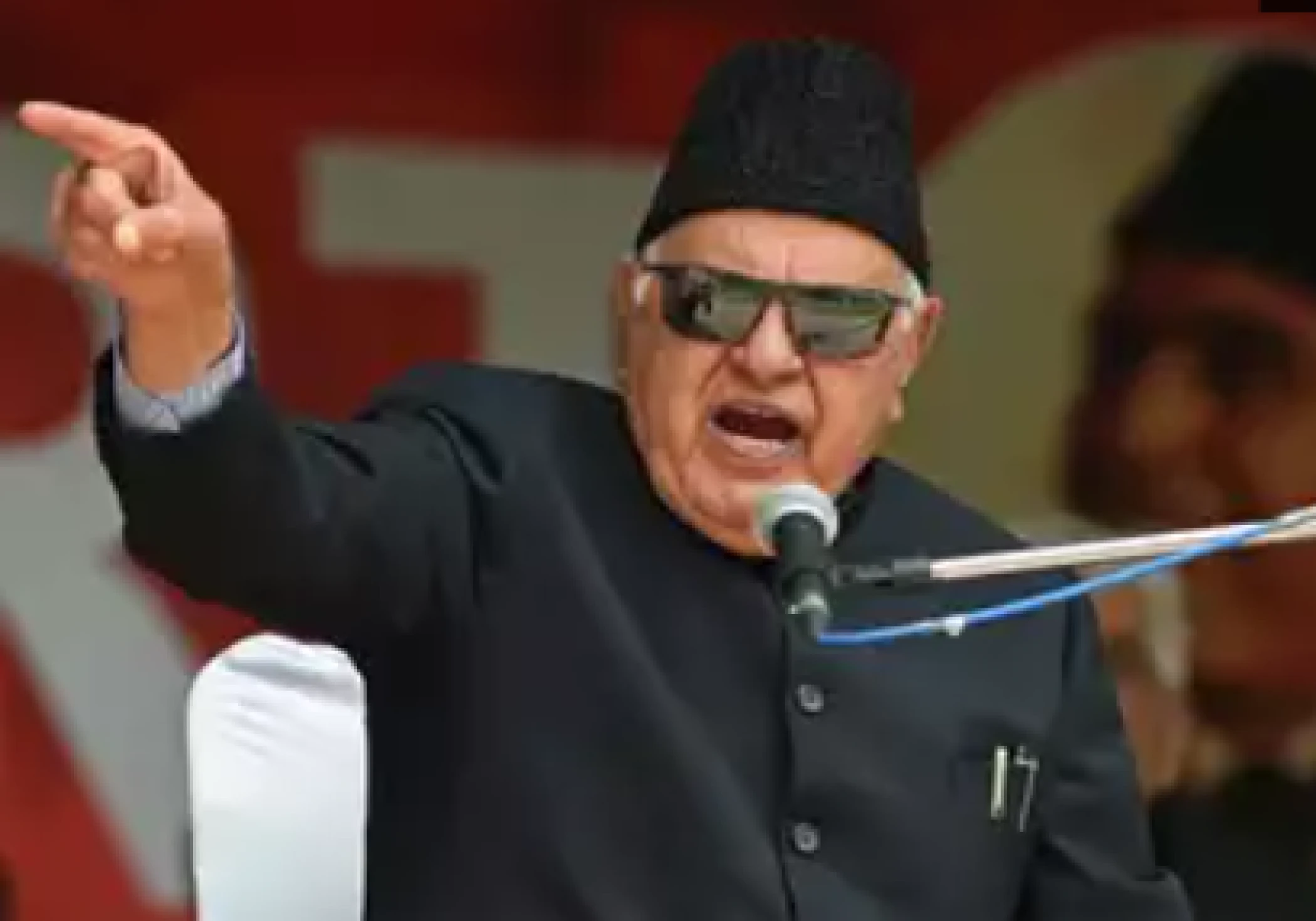
New Delhi: National Conference president Farooq Abdullah expressed concern about the INDIA bloc, stating that failure to reach a consensus on seat sharing could lead some members to consider forming a separate grouping. In a discussion with former Union minister Kapil Sibal on his YouTube channel, the former Jammu and Kashmir chief minister emphasized the urgency for resolving seat-sharing issues before the upcoming Lok Sabha elections. When questioned about the ambiguity surrounding INDIA alliance's seat-sharing arrangements, Mr. Abdullah stressed the need to prioritize national interests over differences, stating, "To save the country, we must set aside our dissimilarities and focus on its welfare."
"If the seat-sharing arrangement is not finalized promptly, there is a looming threat to the alliance. It must be resolved within a set timeframe to prevent potential fragmentation. The formation of a separate alliance by some members poses the most significant danger, and there's still time to avert it," Mr. Abdullah cautioned.
He emphasized that political parties should focus on securing seats in regions where they have substantial influence. Mr. Abdullah underscored the importance of avoiding the pursuit of seats in areas where their influence is limited, stating, "Parties should only seek seats where they are dominant, and it is erroneous to vie for positions in areas where their influence is lacking."
The NC chief highlighted that alliance members convened in a Delhi hotel, acknowledging the urgency due to limited time. He stressed the need for a unifying figure capable of bridging differences, emphasizing, "To save the country, we must set aside our dissimilarities and prioritize national interests."
Mr. Abdullah noted that in the previous elections, TMC leader Mamata Banerjee hesitated to share seats with the Left. However, this time, she has extended an offer allowing the Left to contest in areas where they have a winning chance. He criticized those making statements against her, stating that such actions are exacerbating the existing differences.


